The seminar took place in person and online with the headquarters of the People's Committees of provinces and centrally-run cities, with the participation of more than 1,000 delegates representing businesses, business associations, business households, and cooperatives.
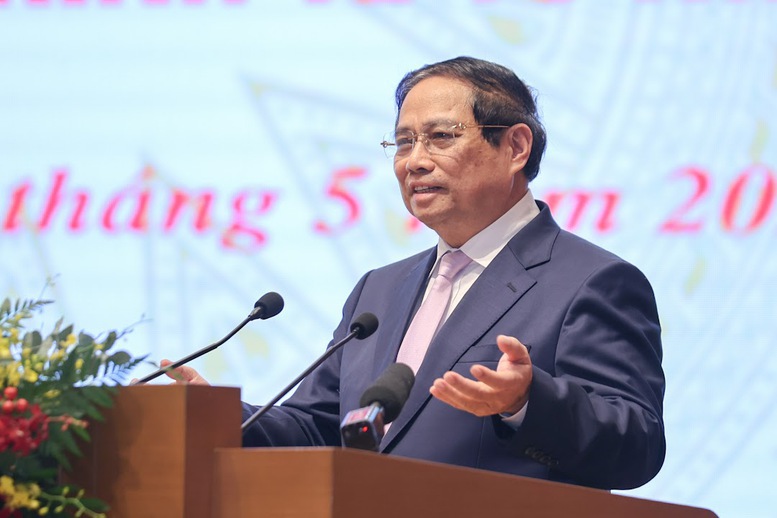 |
| The Prime Minister thanked the delegates for their enthusiasm, efforts and experience, bringing to the Conference a very democratic, open, frank atmosphere with exchange and criticism, helping the Conference to be successful - Photo: VGP |
In his concluding remarks at the seminar, Prime Minister Pham Minh Chinh summarized the content of the delegates' opinions in 6 major contents.
Firstly, all delegates and businesses showed strong patriotism, aspiration to contribute to the cause of rapid and sustainable development of the country, ready to accept tasks assigned by the Party and State, and at the same time, the psychology of worrying and fearing legal risks was also removed. Secondly, businesses and entrepreneurs wanted to affirm their position, role and importance in implementing Resolution No. 68/NQ-TW of the Politburo and resolutions of the National Assembly and the Government, expressing optimism, confidence, and contributing with the Government to create development.
Third, businesses and entrepreneurs will actively contribute to realizing the two 100-year strategic goals of our Party and State (by 2030, becoming a developing country with modern industry and high average income; by 2045, becoming a developed country with high income). If we have good ways of doing things and good organization, we can achieve GDP growth of 8% this year and double digits in the following years; with determination and confidence, we will definitely achieve it.
Fourth, businesses and entrepreneurs all hope that the Party, the State and the people, once they have trusted them, will trust them even more; once they have assigned them tasks, they want to be assigned even more tasks, more noble and more difficult tasks, so that businesses and entrepreneurs can demonstrate their pioneering spirit in serving the country's rapid and sustainable development. Thereby, businesses will grow and progress more, affirming their strength in the development process.
Fifth, businesses and entrepreneurs want to cut down on cumbersome administrative procedures, handle business proposals with a roadmap and time frame, not drag on, and not leave businesses uncertain about when they will receive a response or resolution.
Sixth, there must be specific, clear, and non-general mechanisms and policies to prioritize development in important areas and major national tasks; continue to specify policies so that businesses can work with peace of mind, contribute, and have equal access to the country's resources such as capital, minerals, resources, human resources, and other necessary conditions.
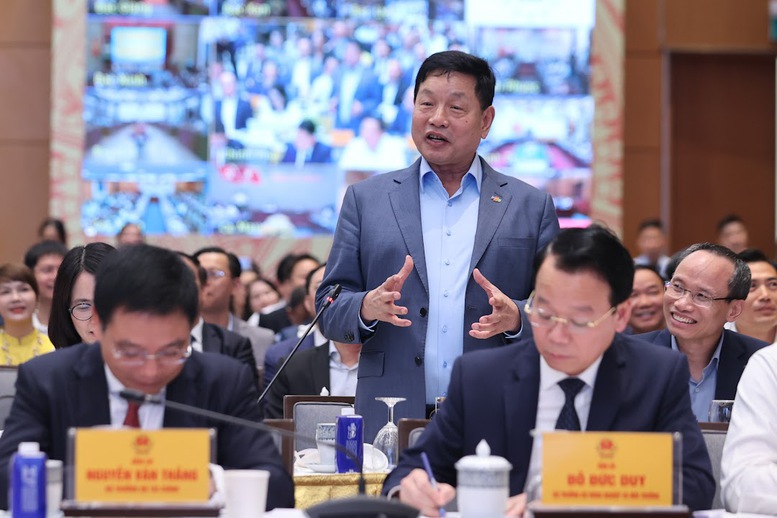 |
| Mr. Truong Gia Binh, Head of the Private Economic Development Research Board under the Administrative Procedure Reform Advisory Council: Our business is committed to wholeheartedly contributing and fighting to serve the socio-economic development of the country together - Photo: VGP |
Prime Minister Pham Minh Chinh clearly stated 7 groups of tasks and solutions: First, the Government, ministries, branches and localities must properly perform their role as creators, not getting caught up in specific tasks: One is to build strategies, planning and plans; two is to build institutions, mechanisms and policies to develop the private economy; three is to design tools for inspection and supervision, focusing on post-inspection instead of pre-inspection; four is to evaluate, summarize practices, draw lessons, and build theories; five is to compete, reward and honor businesses and entrepreneurs; at the same time, handle violations promptly and rectifiably, without affecting the honor of businessmen and enterprises.
Second, the Government, ministries, branches and localities focus on better implementing the three strategic breakthroughs in institutions, infrastructure and human resources; promoting decentralization, decentralization, reducing administrative procedures, reducing time, reducing compliance costs, reducing efforts for people and businesses; developing infrastructure to create new development space, new urban, industrial and service areas, increasing land value, reducing input costs, increasing product competitiveness; training human resources to meet the human resource requirements of businesses when developing.
Third, the Government, ministries, and localities must ensure political stability and social order and safety, including network safety and security, so that businesses can develop quickly and sustainably.
Fourth, the Party, the State, and relevant responsible agencies must ensure equal access to capital, resources, land, human resources, law, freedom of business, equality, and property rights of enterprises.
Fifth, the Prime Minister requested regular meetings and discussions with businesses to find solutions to problems. Regarding the proposal for quarterly meetings, the Prime Minister requested ministries, branches and localities to do the same, to meet businesses more frequently and periodically to resolve difficulties and problems in the sectors under their management. Along with that, promote the role of the National Legal Portal that has just been launched.
Sixth, with proposals, especially initiatives and issues requiring state management and law-making, ministries, branches and agencies must listen and fully accept them. If they do not accept them, they must explain.
Seventh, the State Bank and the Ministry of Finance, ministries and sectors closely related to business activities such as the Ministry of Construction, the Ministry of Agriculture and Environment, regularly review policies such as monetary policy, fiscal policy, materials policy, construction policy, etc.
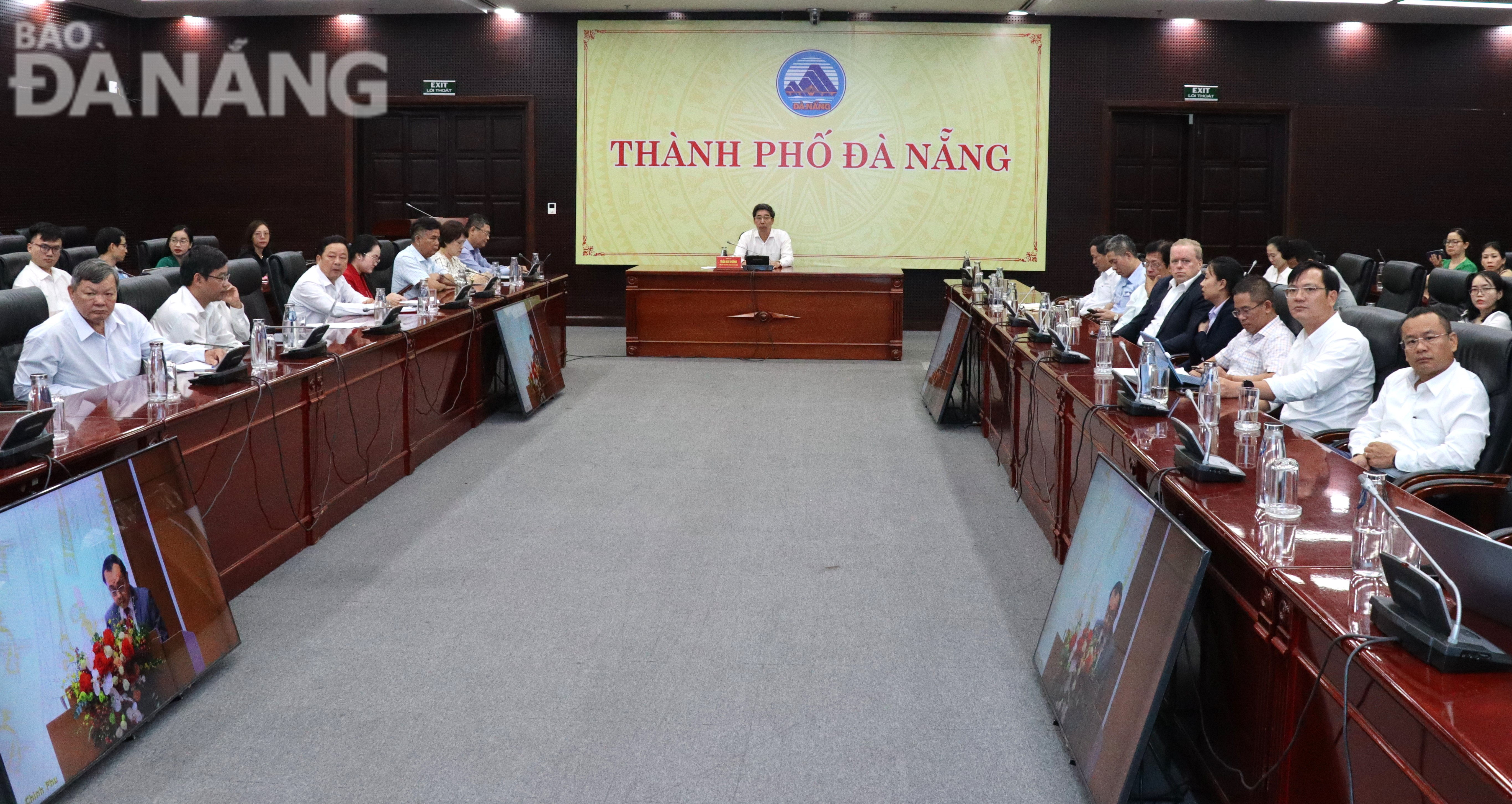 |
| Vice Chairman of the City People's Committee Tran Chi Cuong presided over the Da Nang bridge. Photo: M.QUE |
According to the report at the seminar, there are currently nearly 1 million businesses operating in the economy. In the period of 2021 - 2024, each year there will be more than 145,000 newly established businesses with a total newly registered capital of over 1.5 million billion VND.
The private sector has maintained a fairly high growth rate and is the sector with the largest contribution to the economy, accounting for about 50% of the gross domestic product (GDP). From 2016 to present, the growth rate of the private sector has reached about 6-8%/year, higher than the average growth rate of the economy.
In the period 2017-2023, the private economy created an average of more than 43.5 million jobs, accounting for more than 82% of total employment in the economy (many times higher than about 8% of the State economy and 10% of foreign-invested enterprises - FDI).
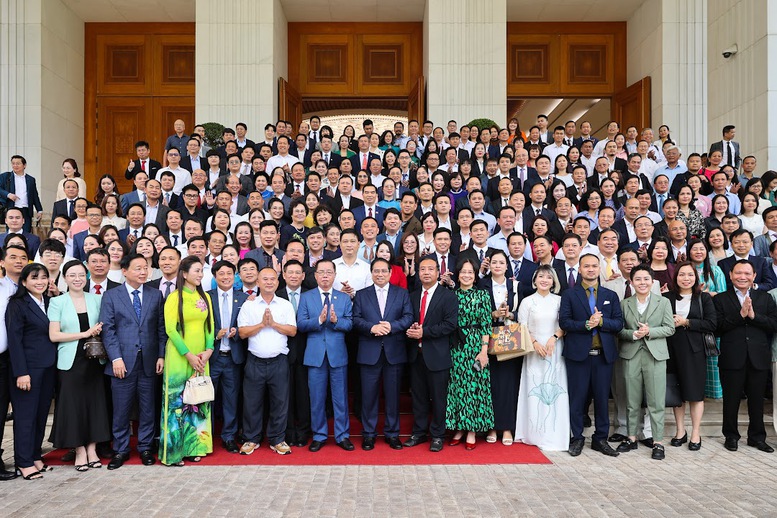 |
| Prime Minister takes souvenir photos with businesses - Photo: Nhat Bac |
To develop the private economy in the coming time, Resolution No. 68/NQ-TW sets out 8 groups of tasks and solutions demonstrating the spirit of innovation, breakthrough, and strong reform, ensuring adherence to 3 strategic breakthroughs (in institutions, human resources, and infrastructure).
The seminar listened to many opinions and proposals from business associations and enterprises to quickly put Resolution 68-NQ/TW of the Politburo and Resolution No. 198/2025/QH15 of the National Assembly into practice.
CINNAMON
Source: https://baodanang.vn/kinhte/202505/thu-tuong-giai-quyet-xong-cac-yeu-cau-kho-khan-cua-doanh-nghiep-trong-vong-2-tuan-4007882/








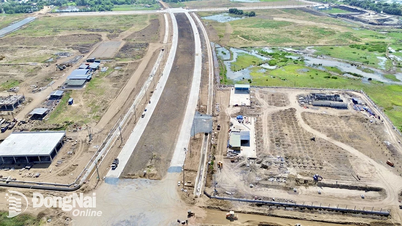

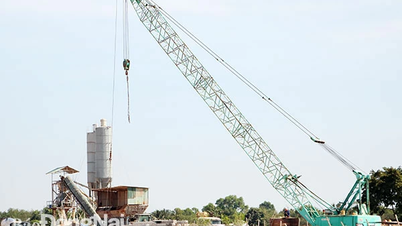


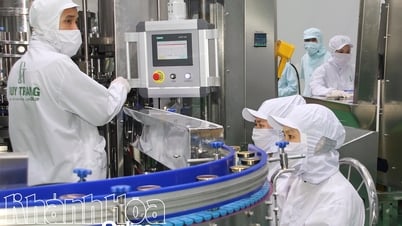

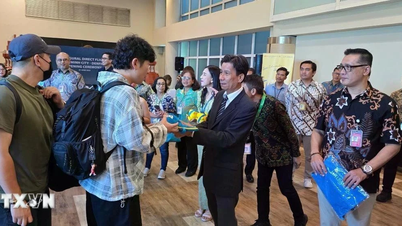










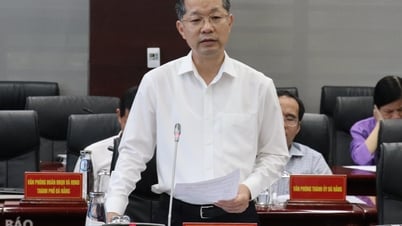
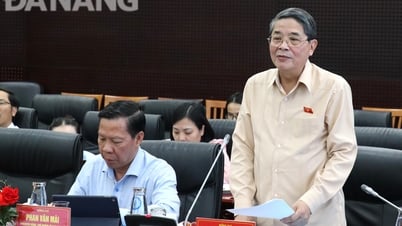
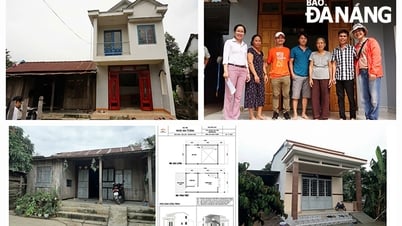



































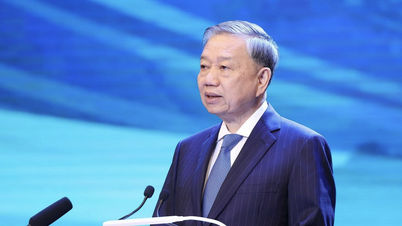
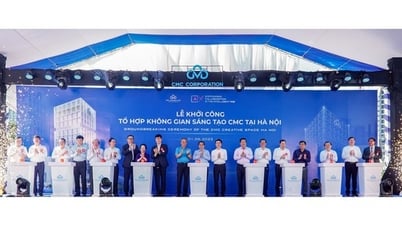

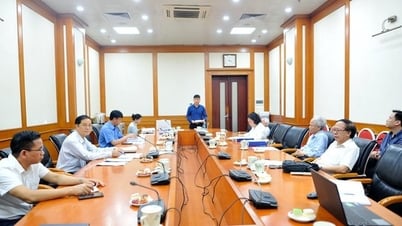









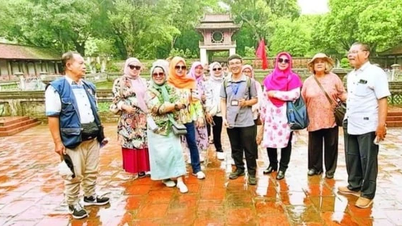
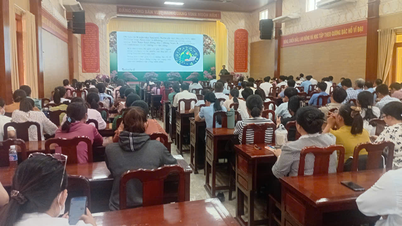

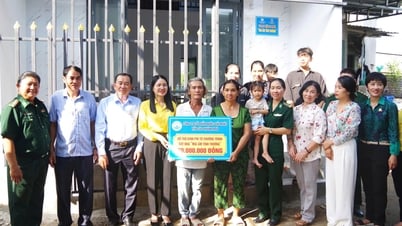








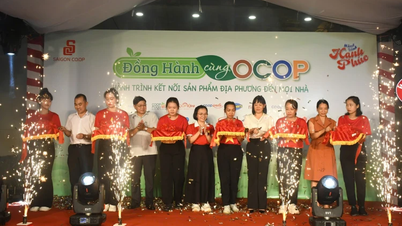



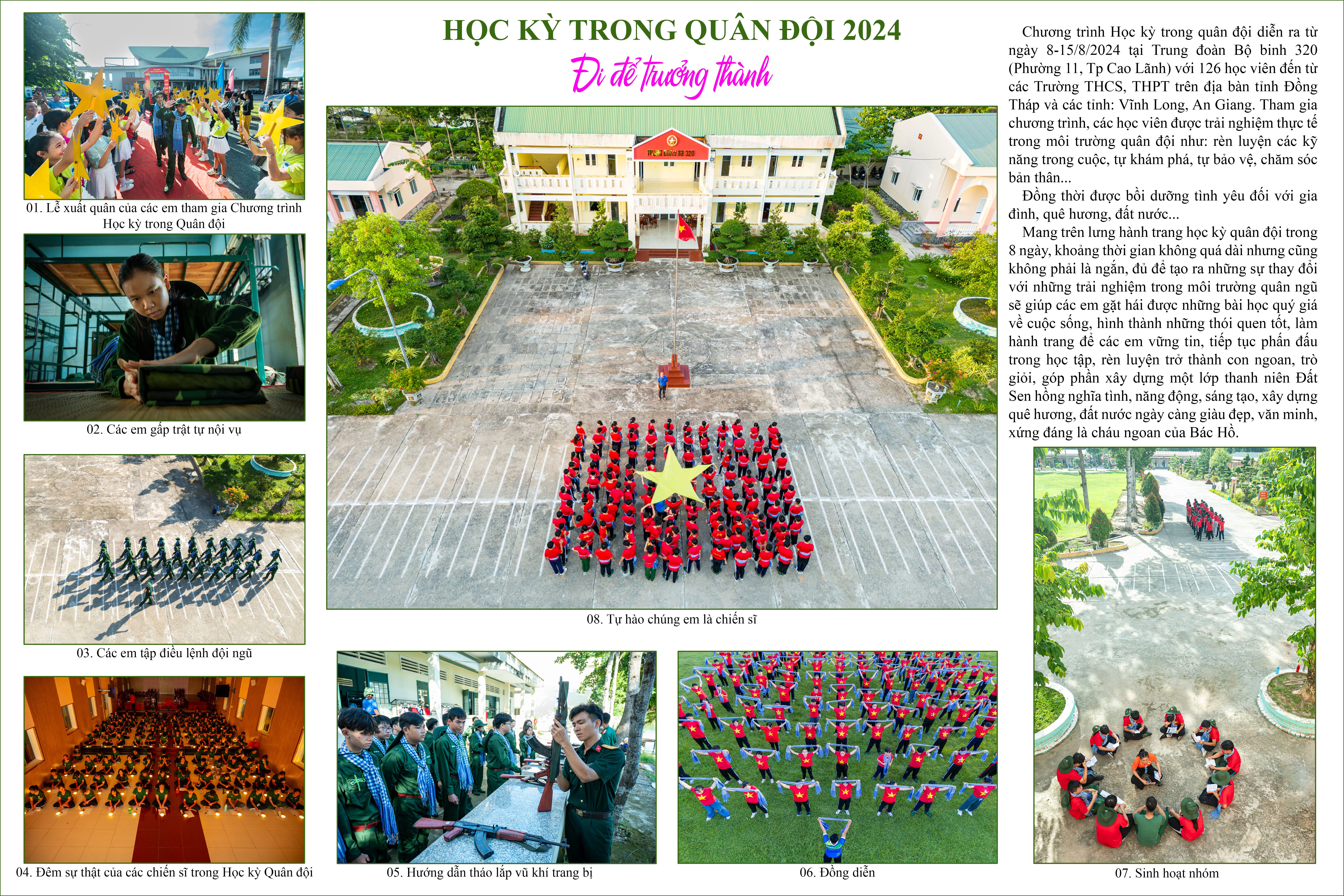



Comment (0)